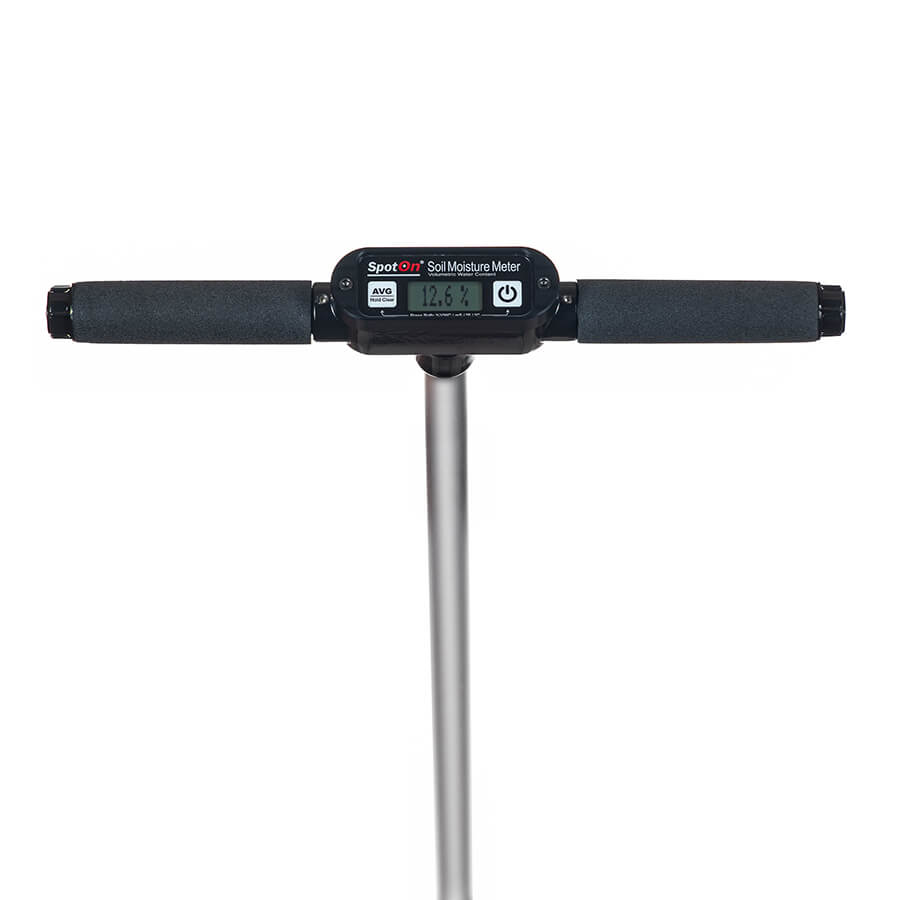Top 10 Advantages of Using a Moisture Meter for Exact Measurements in your house
Top 10 Advantages of Using a Moisture Meter for Exact Measurements in your house
Blog Article
The Ultimate Overview to Dampness Meters: A Comprehensive Summary and How They Can Conserve You Money
Dampness meters serve as indispensable tools in detecting and keeping track of moisture web content in products, aiding in avoiding pricey damages and guaranteeing the top quality of items. Understanding the nuances of various kinds of moisture meters, their applications, and the potential cost-saving benefits they use can be a game-changer for specialists and businesses alike.
Types of Wetness Meters
One typical type is the pin-type moisture meter, which measures the electrical resistance in between two pins inserted into a product. Pinless dampness meters, on the various other hand, use electro-magnetic sensor plates to scan a larger location without triggering damage to the product's surface area.

Infrared dampness meters determine the thermal buildings of a material to identify its wetness content non-invasively, making them useful for applications where pin or pinless meters may not be ideal. Understanding the different kinds of dampness meters offered can aid industries pick the most appropriate tool for their certain dampness dimension needs.

Advantages of Utilizing Dampness Meters
Moisture meters use invaluable advantages in precisely keeping an eye on and assessing moisture levels in varied products and settings (Moisture Meter). Among the primary benefits of making use of dampness meters is the prevention of potential damage triggered by excess wetness. By finding and dealing with high wetness degrees early on, moisture meters help to avoid mold and mildew development, rot, and architectural damages in structures, conserving both money and time on repair work. Additionally, moisture meters aid in ensuring the quality of materials during building or production procedures. By precisely determining wetness material, these tools help preserve the stability of wood, drywall, concrete, and other materials, reducing the risk of failings or problems.
Furthermore, utilizing dampness meters can lead to enhanced power efficiency. In agricultural setups, dampness meters play a vital duty in enhancing plant returns by enabling farmers to monitor soil dampness degrees and make informed irrigation choices.
Just How to Pick the Right Moisture Meter
When choosing a moisture meter, it's essential to make certain that the meter is appropriate for the particular material you will be screening. Different products have varying electrical residential or commercial properties that can influence wetness readings, so picking a meter developed for your material is vital for precise outcomes. By thoroughly assessing these factors, you can pick a moisture meter that fulfills your needs and gives precise dampness measurements for your tasks.
Appropriate Techniques for Wetness Meter Use

Expense Cost Savings With Moisture Meter Applications
Just how can the critical utilization of dampness meters bring about substantial expense savings across numerous industries? Moisture meters play a vital role in price financial savings by stopping prospective damage and ensuring top quality control in various industries. In the agriculture sector, wetness meters aid in establishing the optimum time for collecting crops, preventing excess or over-drying wetness that can impact the end product's quality. This accurate monitoring aids farmers prevent unneeded losses and maximize their return.
In a similar way, in construction, wetness meters aid stop pricey damages by spotting dampness degrees in building products, such as timber or concrete, which can result in architectural concerns if not attended to immediately. By identifying trouble areas beforehand, professionals can take restorative procedures to avoid substantial repairs or replacements, eventually conserving money and time.
Additionally, in the food processing market, page wetness meters are essential for keeping track of product top quality and making certain compliance with safety policies. By accurately determining wetness web content in food items, manufacturers can prevent putridity, preserve freshness, and reduce waste, resulting in significant cost savings. In general, the calculated application of wetness meters is a useful financial investment that can lead to considerable cost reductions and improved efficiency throughout numerous sectors.
Verdict
In verdict, wetness meters are important devices for gauging and discovering moisture degrees in various materials. By making use of the best moisture meter and complying with correct methods, customers can successfully prevent expensive damages created by excess wetness.
Dampness meters serve as crucial devices in detecting and keeping an eye on moisture content in materials, aiding in avoiding costly damages and making sure the quality of products. Infrared dampness meters gauge the thermal buildings of a material to identify its dampness content non-invasively, making them helpful for applications where pin or pinless meters might not be ideal.Moisture meters provide vital advantages in precisely analyzing and keeping track of moisture levels in diverse materials and atmospheres. In farming setups, dampness meters play an essential function in enhancing crop yields by allowing farmers to keep an eye on dirt dampness degrees and make notified irrigation choices.In conclusion, moisture meters are valuable tools for finding and gauging dampness degrees in numerous products.
Report this page